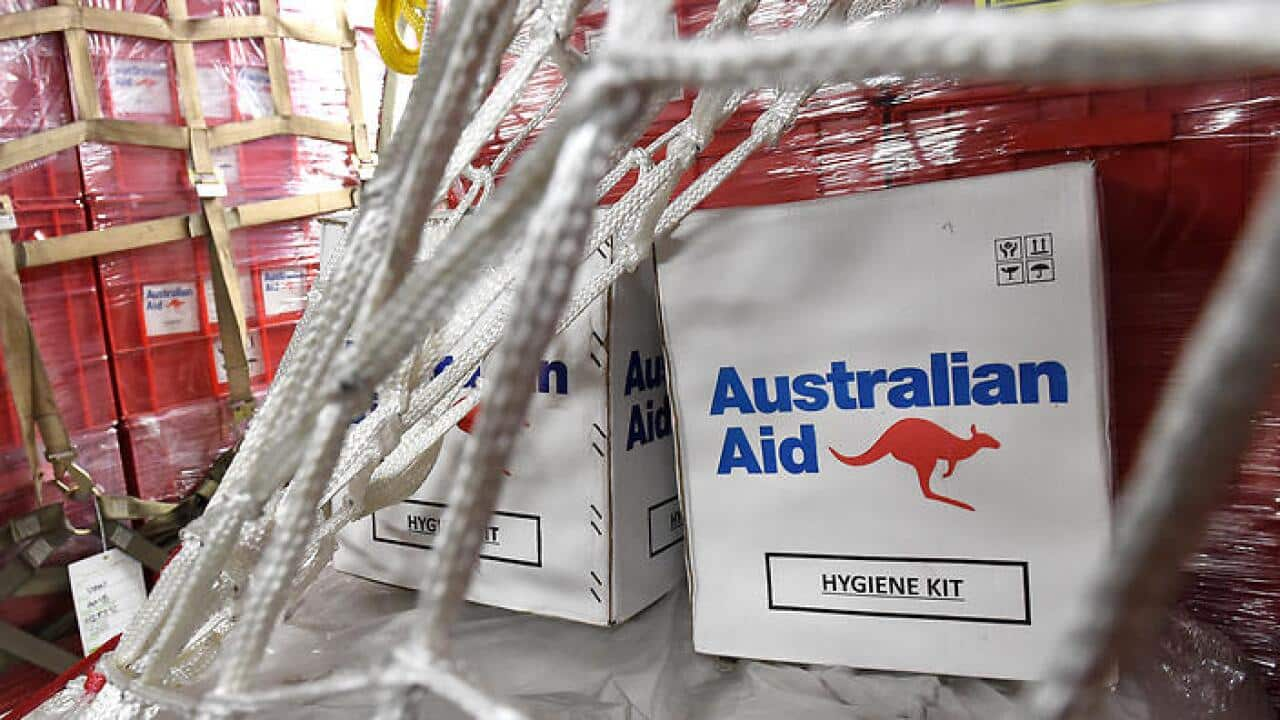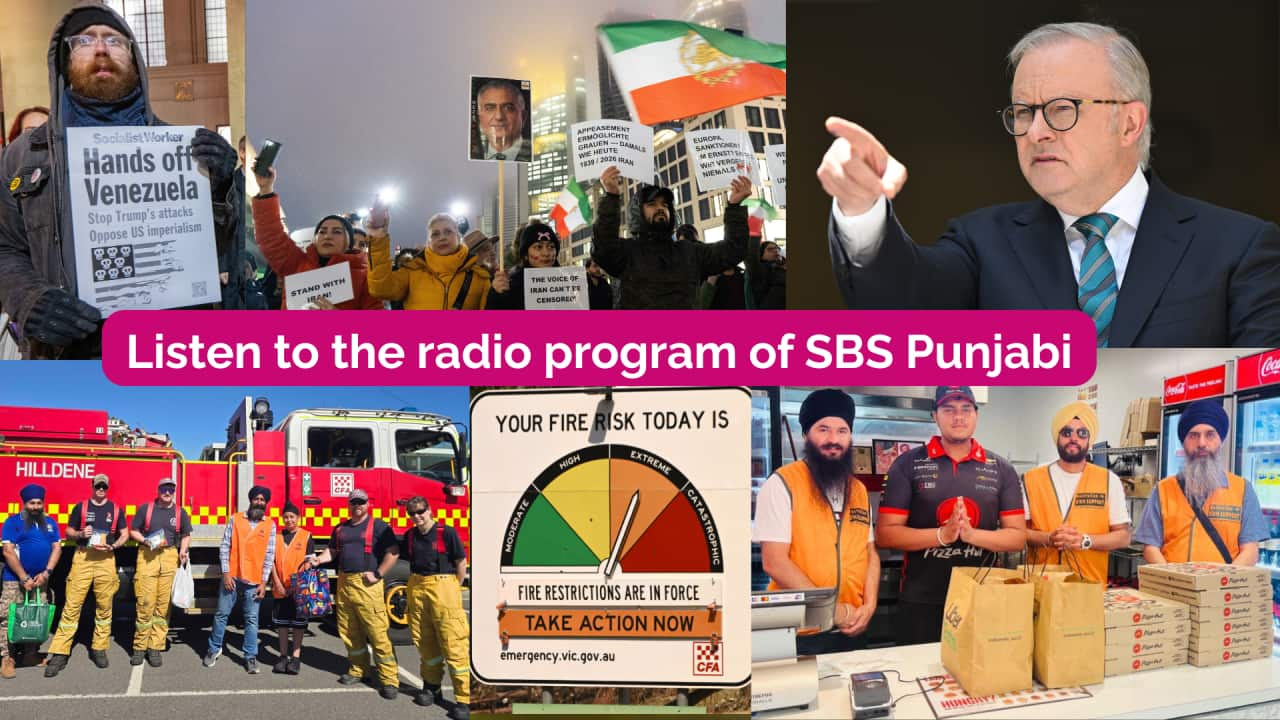The United Nations says the past five years have seen the biggest increase in humanitarian need on record, due to the combination of three Cs - Conflict, climate change and COVID.
The global humanitarian system employs tens of thousands of people around the world, most working for the UN or Non Government Organisations.
The system is credited with saving millions of lives every year, but it's not without flaws, as Dr Sanjaya Kuruppu, a Senior Lecturer in Accounting at the University of Adelaide, explains.
"International aid is really complex, so one of the key issues which is perennial is how much aid that is donated actually gets to the beneficiaries that need it most. People have a significant concern about how their money that's been donated to various NGOs and other charities is actually being used and whether it's creating sustainable changes and positive changes in other people's lives."
Some in the sector are looking to decentralised finance, such as blockchain technology, as a way to address the issue.
Blockchain technology is primarily used as a digital transaction log for cryptocurrencies like Bitcoin.
These are virtual forms of currency used for electronic purchases and transfers.
Anthea Spinks is Oxfam Australia's Program Director.
She explains how her N-G-O is now utilising Blockchain technology for some of its projects within the Pacific.
"One of the really exciting things about using this kind of technology is that it can show real time data and so for example the vendors and the community members were able to log on and track and see the expenditure and what it was being spent on so we could also help with other social protection activities or other livelihood protection activities. But it also increases the efficiency of the program and the effectiveness of the program and ultimately that helps with the transparency because we can also report back exactly how that cash is being utilised and that helps us shape other programs, it helps us make sure that we're being much impactful and effective right across the board."




